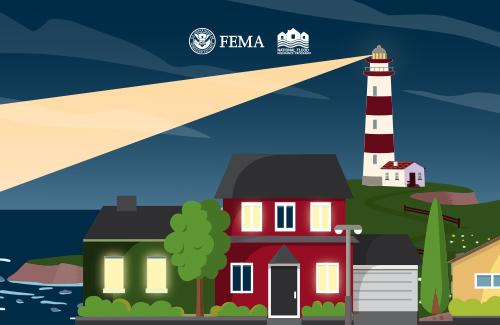June is national homeownership month, a time to celebrate those who have accomplished the American dream of owning a property. As humans, we take pride in our homes and protecting them is only natural. Insurance agents like you know of numerous things people must protect their homes from, and this time of year one stands above the others— hurricanes.
Each year starting in June and ending in November is the Atlantic hurricane season, and along America’s eastern shore people have begun to prepare. All too clear in America’s collective mind are images that remind us of the tremendous power of these catastrophes. From Ian, to Harvey, Ida and Maria, NOAA estimates that nine of America’s ten costliest storms all took place in just the past twenty years. What has resulted from these storms is a hardened memory, a warning that all Americans should heed hurricane season and prepare in advance.
Preparation and understanding risk then become key, and insurance agents like you are the front line in maintaining enduring communities. A few important things you can discuss with your clients this hurricane season include:
- Eliminating coverage gaps. Your clients may mistakenly believe their homeowners insurance covers flood damage. Clearing up that confusion can be the difference between a costly out-of-pocket recovery and a smooth and easy one.
- Stay ahead of the storms. Reaching out early and often can help ensure that your clients’ coverage goes into effect before the height of storm season, considering the 30-day waiting period.
- Help them consider flood loss avoidance. Remind your clients that when flooding is imminent, their NFIP policies may mean they’re eligible for up to $1,000 to purchase supplies such as tarps, sandbags, water pumps, plastic sheeting and lumber they can use to help protect their homes against flooding.
While you can’t stop storms from forming, just talking to your clients about their risk helps spread awareness that can help them make the best choices for protecting their homes.
Stay up to date with the latest information and resources this hurricane season by following the NFIP on LinkedIn, or by registering for email updates.

